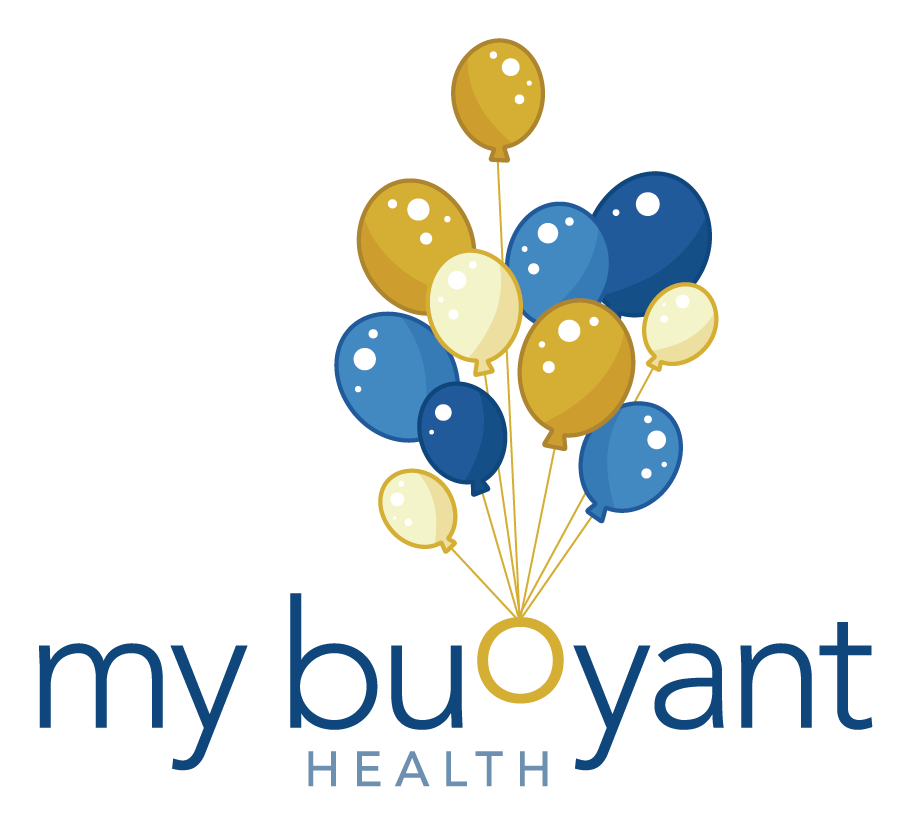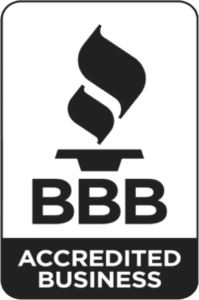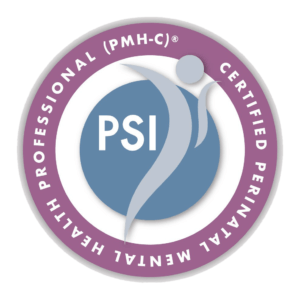
Key Highlights:
- Early recognition of postpartum depression (PPD) signs is crucial for the well-being and safety of both the mother and the baby.
- Understanding what postpartum depression is and its symptoms helps patients know when professional support is needed.
- A postpartum depression therapist helps patients rein in their symptoms and restore their quality of life through evidence-based interventions, such as psychotherapy and medications.
If you are experiencing symptoms that interfere with daily life after childbirth, you may be wondering whether postpartum depression (PPD) is the cause and how to address it. Recognizing the difference between typical postpartum changes and more serious concerns is an important step. Early awareness makes it easier to seek timely support and prevent symptoms from worsening. Let us discuss PPD, its symptoms, and when and where to seek professional help in Phoenix, Arizona.
What Is Postpartum Depression and How Does It Differ From the Baby Blues
The postpartum period is marked by intense physical and emotional changes: one moment you are teary, the next you are laughing, and then exhaustion hits you like a brick. Those ups and downs are a characteristic of what is called the baby blues, and they are common and temporary, usually fading just within a couple of weeks as your hormones stabilize and your body gradually recovers.
Postpartum depression, on the other hand, is a serious mental health condition whose symptoms impact not just your mood. It is a thief of joy, energy, and sanity. According to the American Psychiatric Association, PPD involves feelings of extreme sadness, indifference, and/or anxiety, as well as changes in energy, sleep, and appetite. Instead of slowly improving with time, these symptoms linger and, in many cases, intensify without professional care. Severe cases of PPD have been linked to tragic outcomes, such as maternal suicide.
If you feel PPD is affecting your mental health, reaching out for “postpartum depression help near me” can be a lifeline. It guides you toward the next steps—seeking professional support and knowing where to find it.
Signs and Symptoms of Postpartum Depression
Recognizing the signs early can help you distinguish PPD from the baby blues and take action before symptoms intensify. Common indicators include:
- Persistent Sadness – You feel weighed down by an unshakable sense of emptiness or hopelessness.
- Loss of Interest – You are no longer interested in activities or bonding moments you once enjoyed.
- Extreme Fatigue – You have deep, unrelenting exhaustion that keeps you from doing things you normally would, even self-care.
- Changes in Appetite – You are eating much more or far less than usual without a clear reason.
- Thoughts of Harm – You are struggling with intrusive thoughts of hurting yourself or your baby.
If you notice these signs in yourself or a loved one, seek help without delay. Searching for “postpartum depression help near me” can connect you with professionals who provide timely care and support in your community. If you or someone you love is experiencing suicidal thoughts, call or text the Suicide & Crisis Lifeline at 988 right away for 24/7 confidential support.
Treatment for Postpartum Depression
Recognizing the need for help is the first step toward reclaiming your well-being and finding support that truly works for you.
Postpartum depression affects each parent differently, so treatment is not one-size-fits-all. Some moms find relief through therapy that helps untangle overwhelming thoughts and rebuild confidence, while others may benefit from medications like brexanolone, which regulates mood and calms the nervous system. Many providers combine both approaches with lifestyle changes to tackle PPD from every angle.
According to Mayo Clinic, research is ongoing on an oral medication that works in a way similar to brexanolone. But the drug could be taken every day and may not have the same serious side effects.
Final Thoughts
Far too often, new mothers minimize their struggles with PPD, chalking them up to simply being “tired” or “overwhelmed.” But when the weight of sadness, anxiety, or fatigue begins to take over, it becomes clear that it is not just any simple, transient condition that can be fixed with a hug or a comforting word—it is a serious mental health condition requiring timely, professional intervention.
Your search for “postpartum depression help near me” may feel like a small step, but in reality, it is a powerful act of courage. It means you recognize that something is not right and that you deserve care and support. That simple decision to look up “postpartum depression help near me” on the internet could be the beginning of a new chapter: one where you feel supported, seen, and ready to step into parenthood with renewed strength, confidence, and zest for life.
Postpartum Depression Help Near Me in Phoenix, AZ
If you have been scouring the internet for “postpartum depression help near me” in hopes of finding reliable care in Phoenix, Arizona, visit us here at My Buoyant Health.
Our mental health experts specialize in supporting new mothers battling postpartum depression by helping them develop healthy coping mechanisms and address negative thought patterns through evidence-based interventions. We will work closely with you in a comforting environment, providing personalized care, compassionate guidance, and the tools you need to regain your sense of identity and rediscover the joy that comes from bonding with your baby.
For more information or to schedule a consultation with one of our mental health specialists, contact us today at (602) 510-6582 or use our appointment request form.
Sources:




